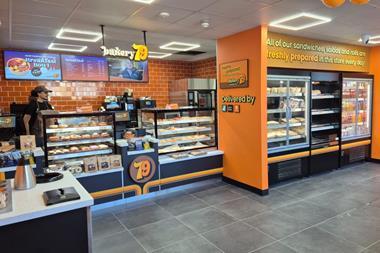There are no quick fixes to the current skills gap within the food and drink industry, according to Derek Williams, standards and quality director at food qualifications body FDQ.
In a debate titled Plugging the Skills Gap, held at Foodex at Birmingham’s NEC (24-26 March 2014), Williams said the skills gap was a complex issue, referring to it as a profound challenge that will damage the industry if not addressed.
Williams said: “The skills gap in our industry is a reality. Our problem is based upon decades of imbalance in the skills equation. What we see, therefore, is that this imbalance between the demand of skills and the supply of skills is really at the root of the problem.”
Justine Fosh, chief executive of the National Skills Academy for Food and Drink, said it was difficult for young people to understand the industry.
She said: “[There is a] diverse range of businesses which make up the food and drink sector. It’s our greatest strength and, I’d argue, it’s potentially our greatest weakness. With that diversity comes a fragmentation of the industry - that is one of the challenges we face.”
Targets
To address the skills issues, Fosh set out three targets: to develop scale, greater presence and a greater consistency based on excellence. Collaboration and building scale, she said, were the starting point in addressing the issues the industry faces.
The panel, also consisting of Jon Poole, chief executive at the Institute of Food Science and Technology, and Michael Rudge, process technologist at Bakkavör, discussed the importance of generating awareness of the industry in schools.
“It is generally commented about the low awareness of the sector with young people and with politicians,” said Fosh. “For the past six years, we’ve trained literally hundreds of young ambassadors to go into schools, particularly in Northern Ireland, and we’ve seen an absolute turnaround in demand for places at college studying food subjects.”
































No comments yet